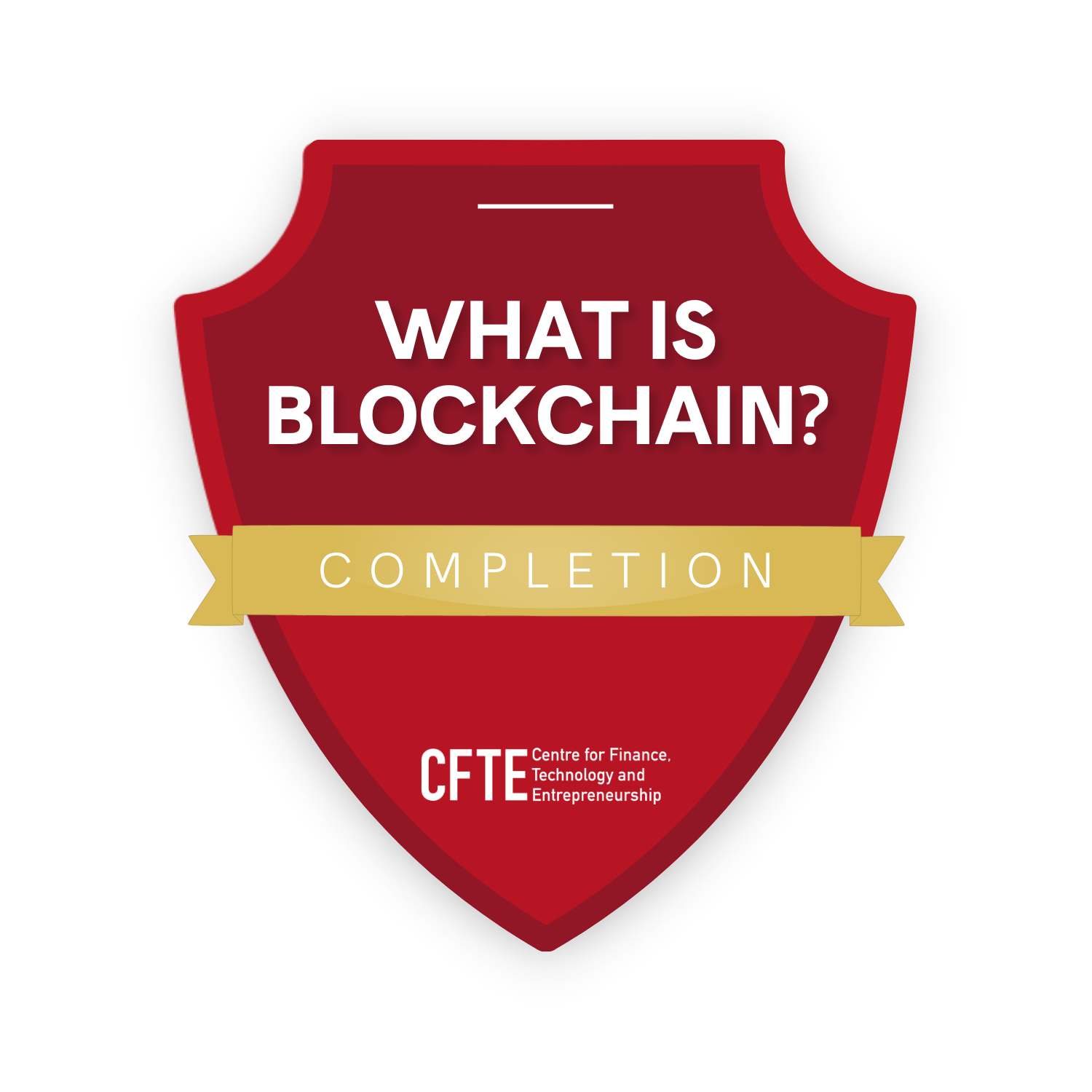TECHNOLOGY
What is Blockchain?
Learn blockchain fundamentals with Francesco Piras, co-founder of BrightNode and Web3 expert with a decade of experience. Gain insights into blockchain’s history, core features, and transformative potential from a seasoned MIT-certified professional.
Write your awesome label here.
Blockchain
Decentralisation
Cryptography
Consensus Mechanisms
Regulation
Course Lessons
What is Blockchain?
In this chapter, we will analyse the importance of a common definition of blockchain and recommend using the MIT definition, which defines blockchain as a shared ledger where transactions are permanently recorded by appending blocks. The blockchain is a historical record of all transactions, and the name “blockchain” comes from the chain of blocks that store several transactions.
History of Blockchain
We will go over the history of blockchain technology and its key milestones, starting with the invention of a cryptographically protected chain of blocks in 1991, followed by the creation of decentralised digital money by Nick Szabo in 1998. The most significant milestone was the invention of Bitcoin by Satoshi Nakamoto in 2008, which solved the problem of double spending and introduced the concept of peer-to-peer digital money systems.
Characteristics of Blockchain
In this chapter, we will discuss the four main characteristics of a blockchain: immutability, decentralisation, smart contracts, and cryptography.
Benefits and Drawbacks
In this chapter, we look into the transformative benefits of blockchain, covering transparency, security, intermediary elimination, and business process automation. He acknowledges advantages but explores concerns like privacy, unique governance, regulatory complexities, and the demand for skilled professionals.
Ledgers and Distributed Ledgers
In this lesson, Francesco explores the fundamental concepts of blockchain, highlighting its core problem-solving innovation. He emphasizes the significance of ledgers and consensus mechanisms in creating a network where participants can directly transact without intermediaries. The blockchain's unique structure, with synchronized copies of ledgers spread globally, enhances security against malicious attacks.
Consensus Mechanisms
In this chapter, Francesco discusses the concept of blockchain and its purpose to create a system where participants can send money directly to each other without involving an intermediary. This requires a different configuration involving two elements: the ledger and the consensus mechanism.



